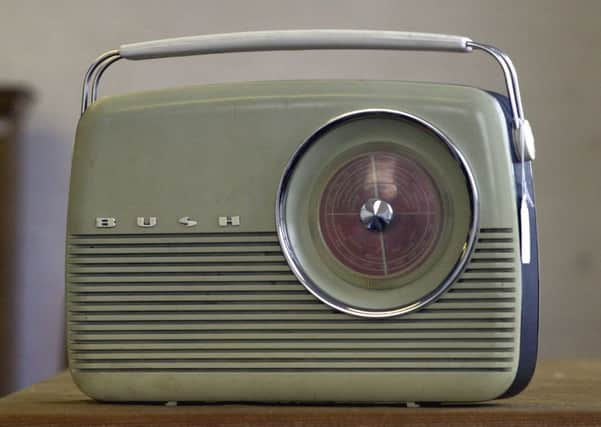Tech Talk: Sometimes digital is not best for consumers


But don’t let anyone tell you otherwise: good old AM and FM are here to stay, at least until well into the next decade.
The last Labour government had originally set next year as the deadline for switching off analogue radio completely, in much the same way they did with TV. Not only is that not now happening, but the current parliament has refused even to set another target – though Ed Vaizey, the Minister responsible for broadcasting, has said vaguely that the future of the medium lies in transmitting digitally.
Advertisement
Hide AdAdvertisement
Hide AdWhat does that mean for listeners, and why would a government want to turn off AM and FM, anyway? Of course, money is at the root. Labour believed they could sell off the analogue spectrum to the private sector for other communication purposes, and pass the proceeds to the taxpayer. In fact, there is no queue of buyers and few tangible alternative uses for the bandwidth. And any benefit to taxpayers would be more than outweighed by the cost of having to buy new digital receivers.
Worse yet, there are few real benefits to digital reception: coverage is patchy, many radios take an age to start up, and the signal often cuts out. The sound quality is generally judged to be on a par with FM.
This is because Britain bet the farm on a now-outdated digital system called DAB, while elsewhere else the superior DAB+ system was being developed. The absence of a single international standard means there’s no mass market in affordable digital car radios from the Far East. That’s not going to change in the next two years – no matter what Halfords says.
It isn’t the first to mistakenly write off steam radio. Eight years ago, Dixons (now Currys) said they would no longer sell analogue sets at all – but a look at their shelves today reveals AM/FM receivers from £10 – half the cheapest DAB equivalent.
In another eight years, BBC Radio will celebrate its centenary and, mark my words, it will do so on analogue as well as digital.